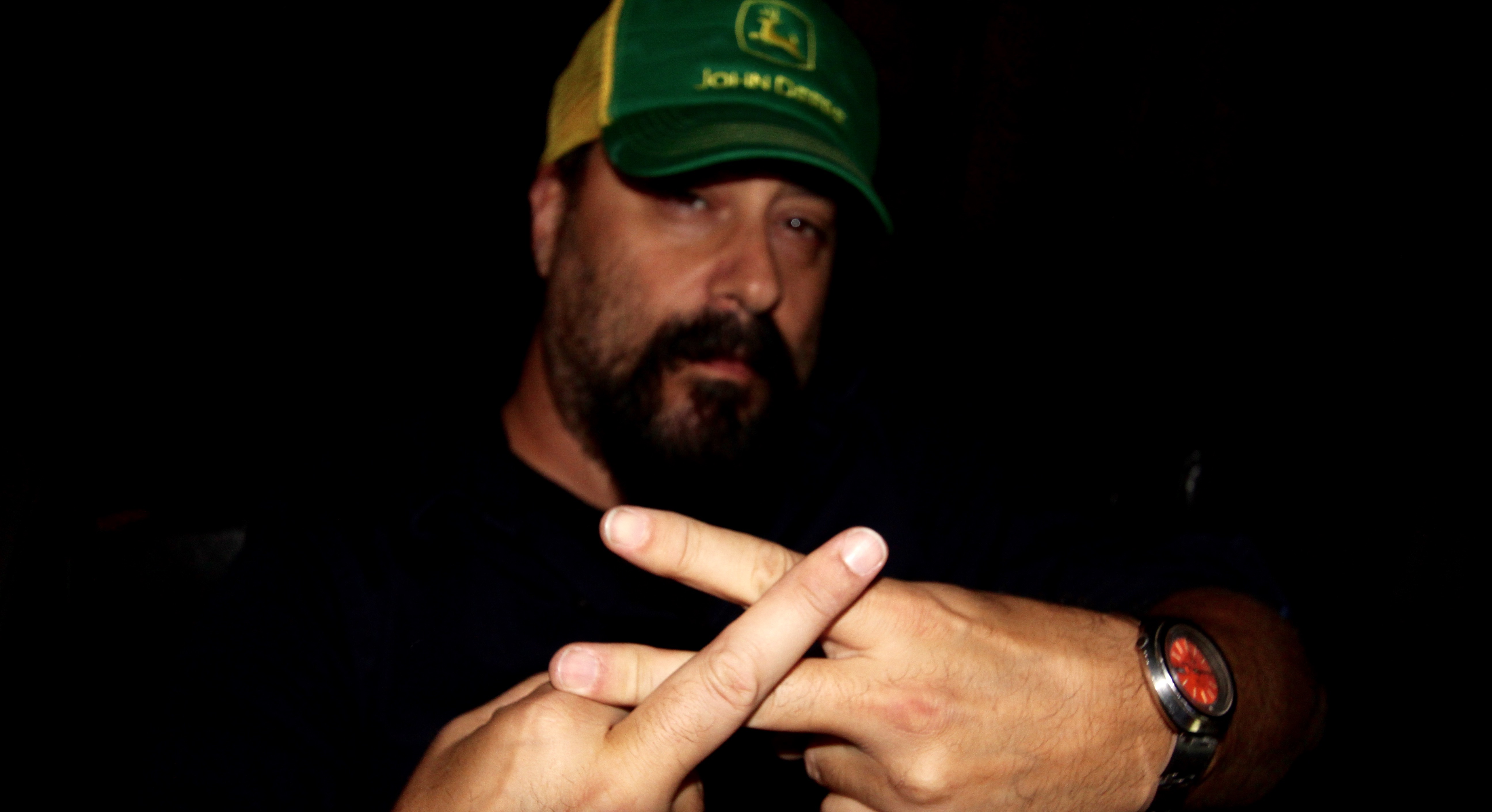Dave Sardy’s calendar is full, which, frankly, isn’t anything new: Sardy’s calendar is always full. It’s become something of an occupational hazard. A veteran recording artist, film composer, and one of the music industry’s preeminent mixers and producers—having spent the past two decades working with the likes of LCD Soundsystem, Oasis, The Walkmen, Nine Inch Nails, Rage Against the Machine, Band of Horses, Johnny Cash, Tegan and Sara, Spoon, and a laundry list of other acts—the man known as D. Sardy isn’t known for his light workload. Even on the August afternoon when he squeezed me in to chat about his upcoming collaborative EP ≠ (pronounced “Unequal”), he told me how the following day he had to get on a flight to the UK to meet with the London Symphony Orchestra. At the same time, he was also working on the writing and production of the new album by Maynard James Keenan’s supergroup A Perfect Circle, the band’s first album of original material in almost fifteen years, which is due out this week.
Sitting in his personal office within Hillside Manor, a multi-studio complex located in the Hollywood Hills’ Beachwood Canyon, Sardy says there isn’t a moment where he and his team of studio elves aren’t working on different projects in different rooms or working different aspects of the same project for somebody. “My normal day? There is no normal day,” he says.
On top of all of these spinning plates, somehow, someway, Sardy is attempting to finish the mixing of close to a dozen songs, some of them intended for ≠, which he is releasing under the name DSARDY. The EP is the first in a series of planned releases made with a bevy of guest vocalist collaborators, including Jim James of My Morning Jacket, Macy Gray, Son Little, Glass Animals, Black Angels, Ida Maria, and more. “The reason to make this music is really out of a creative urge to work with people who I think are incredible,” says Sardy. “It’s a bit like making a playlist. I want music that feels like it’s coming from a certain place and a certain perspective, making every track that I do with these people be a unique experiment but [still] feeling like part of a body of work.”
≠ feels like a journey through the dark web, a carefully curated soundtrack to an as-of-yet unfilmed, twenty-first century adaptation of George Orwell’s 1984. “With everybody I’ve worked with on this project, it’s been addressing where we’re at in this strange technological moment,” he says. “We’re all kind of under surveillance, yet we’re advertising ourselves constantly. We’re all using every tool but then losing skills because we have these tools to take care of them. We’re selling ourselves and our data but getting this ease of continuity and connection in our life. We’re closing the circle, that science-fictional moment that we’re in. It’s not uncreepy. It’s a weird moment to be in as a person.”
“I’m looking for music that’s touching and emotionally connecting. That’s really hard to do. There isn’t a recording program that helps you do that.”
Tracks such as “Error,” which Sardy wrote alongside James, regularly toe the line of this technological progress and paranoia. “[Jim] was talking about how he and a friend of his went on this long walk,” says Sardy. “They were like, ‘You know, we’re getting away from everything today.’ And they went on this hike and they put down a blanket and were completely alone just experiencing this day. And ten minutes after they sat down, they heard this weird noise and they were looking out from this cliff and slowly this drone just lifted up and was staring at them and filming them from twenty feet out. It hovered there filming them and then just slowly flew away. And they were like, ‘Fuck!’ You can’t do anything about it. You can’t be like, ‘Hey, stop that!’ You have no fucking control over that. You’re someone else’s video at that point. You don’t have any rights in those moments.”
With plans to incorporate multi-disciplinary elements such as video, film, graffiti, and other media to build on the narrative of the music, Sardy believes that when you’re living in a dissonant world, the function of an artist is to look that world squarely in the eyes and respond to it. “I’m looking for music that’s touching and emotionally connecting,” he says. “That’s really hard to do. There isn’t a recording program that helps you do that. There isn’t a technology that connects you to that. That’s always the part I’m chasing as a producer and as an artist. That’s kind of what this project is about.” FL







